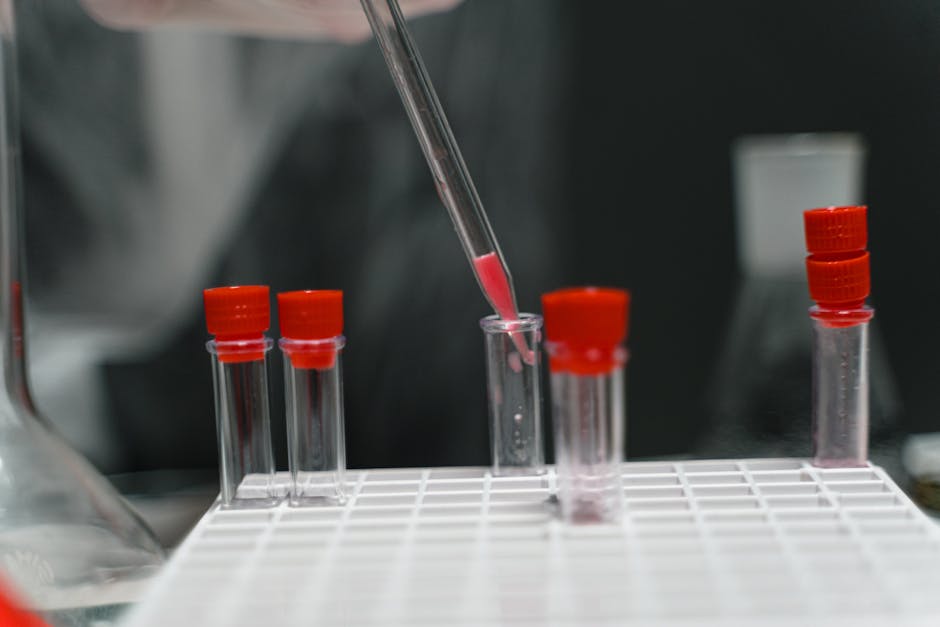Understanding integrated recovery is crucial in the realm of substance abuse treatment. Through a simple, conversational tone, we’ll explore why this approach can light the way to more effective healing.
Table of Contents
- 1 The Foundation of Integrated Recovery
- 2 How Integrated Recovery Addresses the Whole Person
- 3 Comparing Integrated Recovery to Traditional Approaches
- 4 The Role of Community in Integrated Recovery
- 5 Success Stories: Real-life Applications of Integrated Recovery
- 6 Navigating Challenges in Integrated Recovery
- 7 Future Prospects: The Growth of Integrated Recovery Approaches
- 8 Embracing a Holistic Future in Substance Abuse Recovery
The Foundation of Integrated Recovery
Integrated recovery is not just a buzzword; it’s a comprehensive approach that merges various treatment modalities to address substance abuse’s multifaceted nature. By acknowledging that addiction affects every aspect of an individual’s life—physical, mental, social, and spiritual—this methodology seeks to provide a more holistic healing experience. It’s an enlightening journey, combining the strengths of traditional therapy, medical treatment, peer support, and lifestyle changes to create a foundation for long-term recovery.
At its core, the efficacy of integrated recovery lies in its adaptability. Each person’s battle with addiction is unique, and there’s no one-size-fits-all solution. Crafting a personalized recovery plan that considers the individual’s needs, preferences, and circumstances allows for a more humane and effective approach to healing. This flexible framework is what sets integrated recovery apart, offering more than just hope—a tangible pathway to a brighter future.
How Integrated Recovery Addresses the Whole Person
Understanding how integrated recovery addresses the whole person requires looking beyond the physical symptoms of addiction. It means delving deep into the emotional wounds, societal pressures, and psychological battles that often accompany this tough journey. Through a combination of therapy sessions, medical treatment for withdrawal symptoms, supportive group settings, and even nutritional counseling, this approach caters to every facet of an individual’s being.
Moreover, integrated recovery emphasizes the importance of addressing mental health conditions alongside addiction, often referred to as dual diagnosis. Many individuals facing substance abuse issues also struggle with mental health challenges like depression, anxiety, or PTSD. Treating both simultaneously is vital for a truly holistic recovery, preventing the cycle of treatment and relapse and fostering a stronger, more resilient path to sobriety.
Comparing Integrated Recovery to Traditional Approaches
When comparing integrated recovery to traditional approaches, one stark difference stands out: the scope of treatment. Traditional methods often focus narrowly on the physical aspect of addiction—detoxification and abstaining from substance use. While these are undoubtedly crucial steps, they do not, on their own, constitute a comprehensive treatment plan. Integrated recovery, on the other hand, broadens the treatment horizon, incorporating elements like mental health care, social support, and lifestyle adjustments into the recovery process.
This broadened perspective not only aids in immediate recovery but also builds a robust foundation for long-lasting health and wellness. By addressing the underlying causes of addiction and equipping individuals with tools for better stress management, emotional regulation, and interpersonal relationships, integrated recovery offers a more sustainable solution to substance abuse.
The Role of Community in Integrated Recovery
The role of community in integrated recovery cannot be overstated. Building a support network of peers who are on similar journeys provides a sense of belonging and understanding that is invaluable. Community support groups, both in-person and online, offer spaces where individuals can share their experiences, challenges, and successes without judgment, fostering an environment of mutual respect and encouragement.
This communal aspect also extends to involving family and friends in the recovery process, educating them on the nature of addiction, and how they can provide effective support. It’s a collective effort that not only boosts the individual’s chance of success but also heals relationships and strengthens bonds.
Success Stories: Real-life Applications of Integrated Recovery
Real-life success stories of integrated recovery shine a light on its effectiveness. Take, for example, the story of John, who battled addiction for over a decade. By integrating medical treatment, therapy, and a strong support network, he’s been able to maintain sobriety for three years and counting. John’s journey highlights how a multifaceted approach can offer a new lease on life, allowing individuals to rebuild their health, relationships, and careers.
Navigating the challenges in integrated recovery requires patience, perseverance, and a positive support network. The road to recovery is seldom straight; it’s filled with bumps, twists, and turns. Individuals might face relapses, motivational dips, and the daunting task of confronting and healing from the root causes of their addiction. Understanding these challenges and preparing for them ensures that when they do arise, they can be addressed constructively, without derailing the recovery process.
Accessibility can also pose a significant challenge, as not all individuals have equal access to the comprehensive services integrated recovery offers. Efforts to increase awareness, reduce stigma, and expand resources are crucial in making this holistic approach more widely available.
Future Prospects: The Growth of Integrated Recovery Approaches
The future prospects of integrated recovery look promising. As we continue to understand more about the complex nature of addiction and the benefits of a holistic treatment approach, there’s a growing movement towards adopting and refining integrated recovery practices. Encouragingly, this shift is not just within specialized treatment centers but is also gaining traction in public health policies and community-level support systems.
The ultimate goal is to create a world where anyone struggling with substance abuse has access to the care and support they need to heal comprehensively. As integrated recovery continues to evolve, its ability to adapt and address the unique needs of individuals promises a brighter, more hopeful path to healing and recovery.
Embracing a Holistic Future in Substance Abuse Recovery
Integrated recovery brings an essential perspective to substance abuse treatment, merging different methods to support the whole person. By recognizing the value in combining practices, we endorse a future where recovery pathways are as diverse as the individuals walking them.











